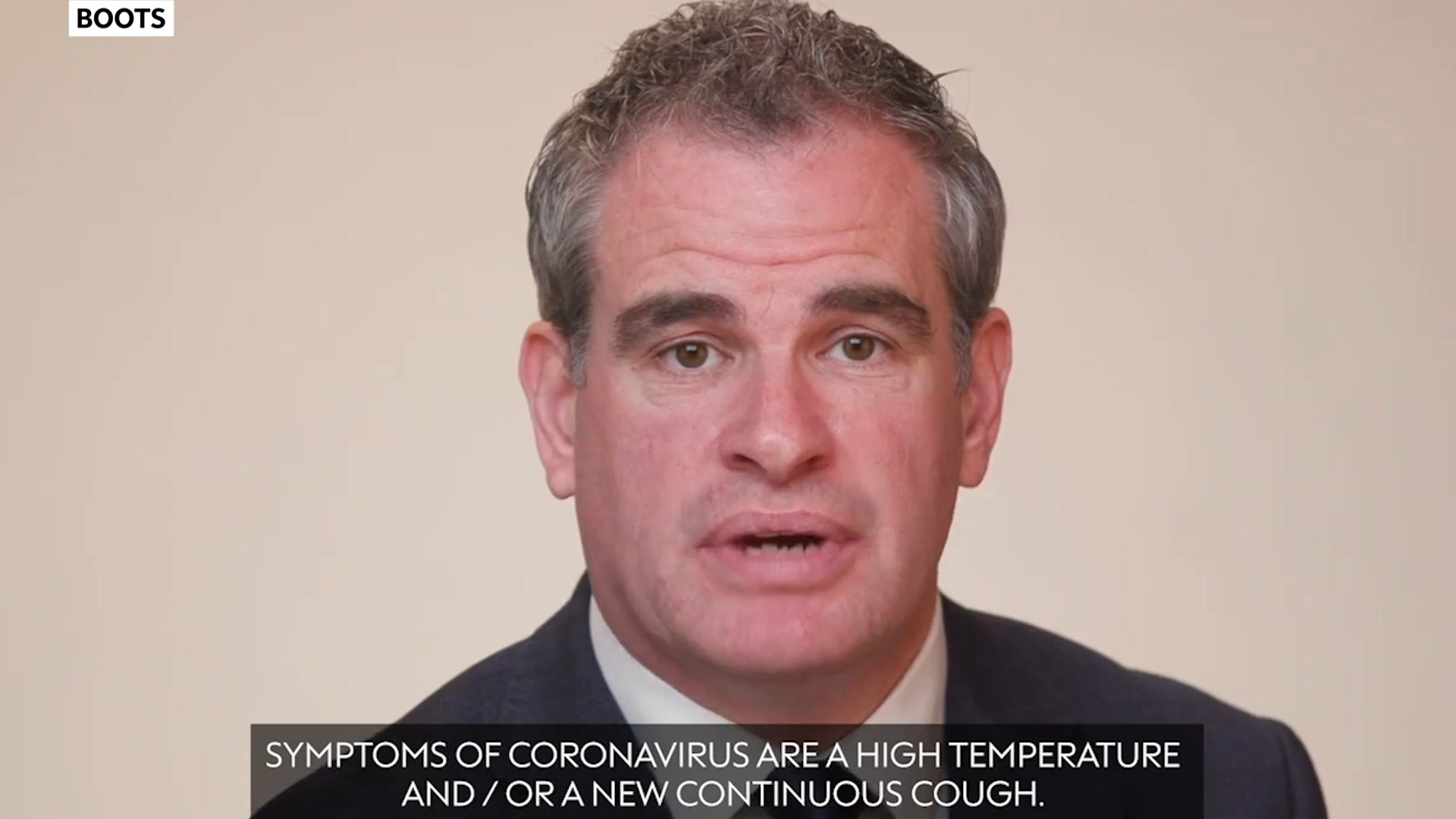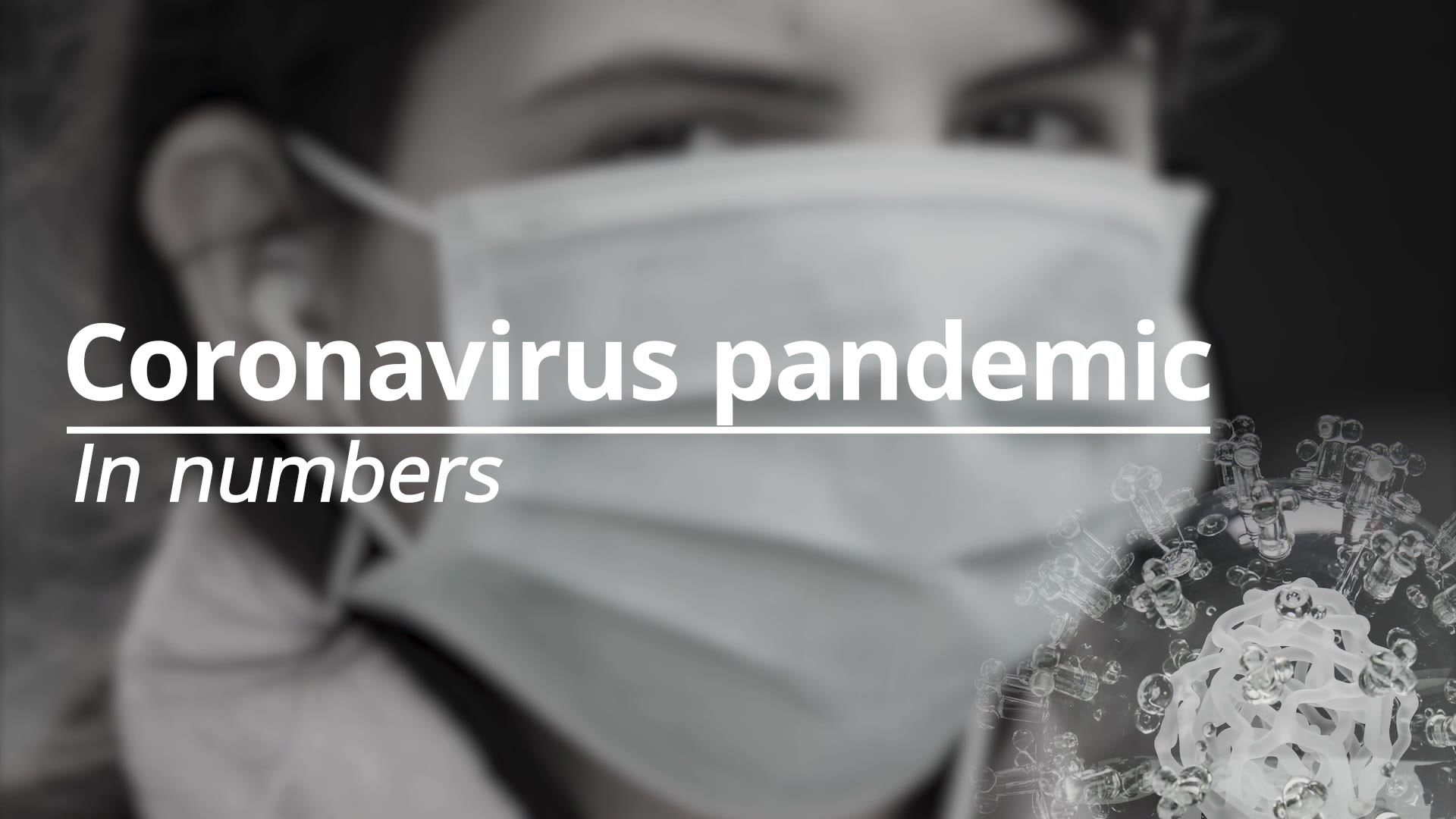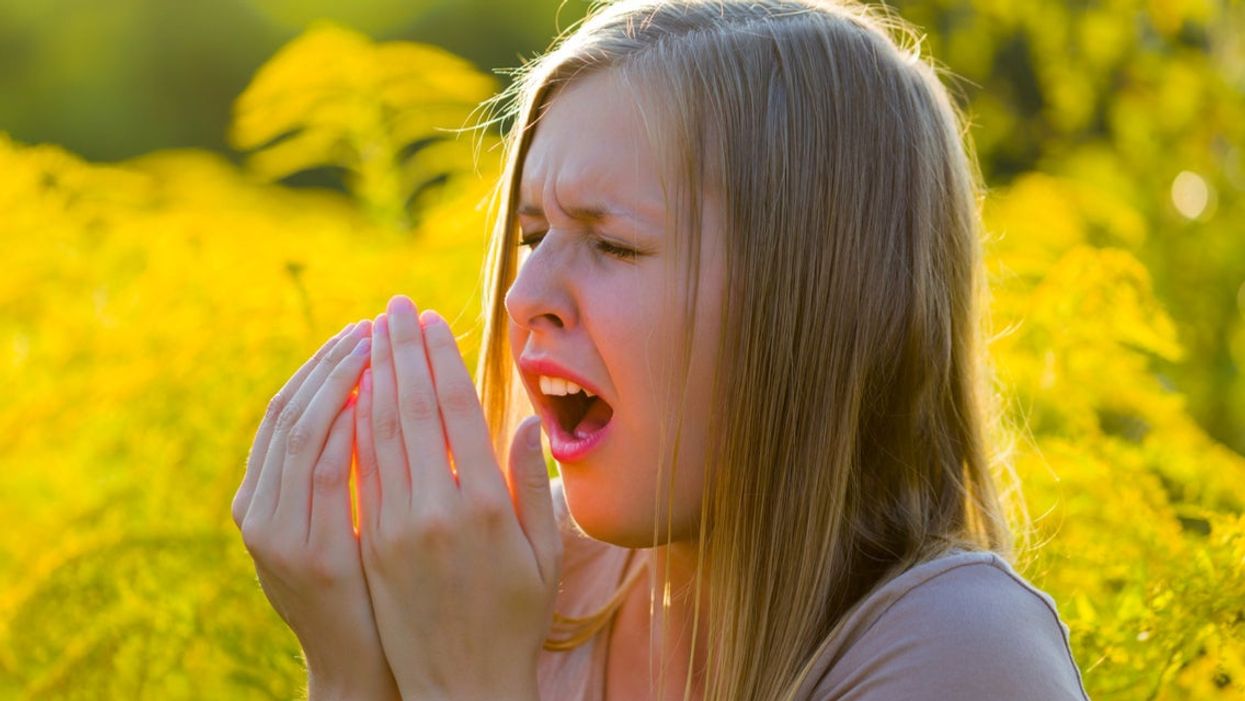It’s bad enough trying to keep cool in a heatwave during a global pandemic, so getting hayfever to boot is a real kick in the teeth.
Unfortunately, it’s a reality many of us are facing, with countless social media users sharing their battles with streaming eyes, itchy throats and endless sneezing fits.
A number of Twitter users believe their current symptoms to be their worst ever.
In some cases, they’re so bad that sufferers aren’t sure whether they have allergies or Covid.
In solidarity with all of those who are sniffling through the month, we’ve rounded up some of the funniest reactions to the so-called pollen pandemic.
They are a reminder to all victims out there, you are not alone:
Now 99.8% sure ‘the drugs don’t work’ was a song about hayfever.— Rhys James (@Rhys James) 1623616152
All these years I thought I’d suffered with hayfever it turns out it’s been the Indian variant. I feel stupid now.— @sirfrank (@@sirfrank) 1623827664
What variant of hayfever is this??— . (@.) 1623742781
when are they announcing the roadmap out of hayfever ? https://t.co/EGHXGpVaqD— omari douglas (@omari douglas) 1623653297
this film really captured the hayfever experience https://t.co/Ei1yJqvqKS— take another little Reece of my heart now baby 💕 (@take another little Reece of my heart now baby 💕) 1623669147
Hayfever be killing us 😩 https://t.co/iTRTbG16Xl— E in my own Lane (@E in my own Lane) 1623781705
Need a big necklace which says ‘hayfever not Covid’ 😢🤧— Alice Watson (@Alice Watson) 1623831607
Not me changing my Grindr profile on the common to “looking for hayfever tablet” 😷— eliot 🔱 (@eliot 🔱) 1623595016
Me this summer realising I’m immune to the coronavirus, not pollen #hayfever https://t.co/M9h72RovvA— Bibire Baykeens (@Bibire Baykeens) 1623712979
Spent this whole time avoiding Covid only to get taken out by a bunch of fucking flowers. Hayfever said https://t.co/ftdOIJHw9L— Sunny (@Sunny) 1623833950
“the delta variant symptoms include a runny nose” people that have been complaining about hayfever: https://t.co/p8p8DlpUp9— joe (@joe) 1623704003
managed to avoid covid but this hayfever got me good https://t.co/ibXXRVRAjy— Jo-anna⚡️ (@Jo-anna⚡️) 1623611545
How I currently feel! 🤧😤#hayfever https://t.co/8318wLYOCl— Terry👨🏻💻 (@Terry👨🏻💻) 1623745882
Hayfever spent the whole of lockdown in the gym waiting for this summer— 🇸🇱 🇩🇲 🇱🇨 (@🇸🇱 🇩🇲 🇱🇨) 1623663078
No one: Me with the combined power of hayfever and the nasal part of a lateral flow test: https://t.co/cH92hzCJjq— Jacob Butler (@Jacob Butler) 1623844425
Hayfever Tablets https://t.co/c0jjkoWvPE— Carpe Diem (@Carpe Diem) 1623837785
Setting up a support group for other late onset hayfever sufferers who used to mock and belittle their beloved frie… https://t.co/4ayeX46tyD— Francisco Garcia (@Francisco Garcia) 1623663509
When people suggest home remedies for #hayfever, as if you haven’t tried everything under the sun... every year.… https://t.co/gCMuBvbum6— Dan O’Neill ♫ (@Dan O’Neill ♫) 1623744210
Meanwhile, not everyone has much sympathy:
The hayfever victims need to give it a rest, we’re tired of your cries— Luch (@Luch) 1623621464
People with hayfever love telling us they have hayfever every 10 mins innit— saj 🧺🧸🤍🏹l 🇵🇸 (@saj 🧺🧸🤍🏹l 🇵🇸) 1623665023
Not having hayfever while everyone's posting about their hayfever have me like https://t.co/EhUmhTqnw0— Skirata DCBinksy (@Skirata DCBinksy) 1623852885
Still, this week’s sudden turn in weather has offered a glimmer of hope to some:
Thank the Lord, I need a break from hayfever 😪 https://t.co/39NvBKA2FE— ACS Confessions🇬🇧✊🏾 (@ACS Confessions🇬🇧✊🏾) 1623704431
The hayfever sufferer in me is ecstatic. The cyclist in me is unhappy & refuses to believe it. Conflicted. https://t.co/WIurVrKMV5— Daniel Hugill 💉💉💉💉💉 (@Daniel Hugill 💉💉💉💉💉) 1623870834
In April last year, the Royal College of GPs (RCGP) published official advice to help stop people from confusing their allergies with signs of coronavirus.
Its chairman, Professor Martin Marshall, said: “Typically, patients suffering with hay fever will experience symptoms such as a runny or blocked nose, sneezing, sore and watering eyes – but also sometimes a cough.
“Some of these presenting problems, especially a cough, can also be symptoms of Covid-19.”
He separately told the BBC: “It’s not surprising given the overlap between some hay fever symptoms and mild coronavirus that people might be concerned.”
The two main coronavirus symptoms are a high temperature and a new, continuous cough, according to the NHS.
But Prof Marshall said there were important characteristics of hayfever that could help patients tell it apart from Covid-19.

“Allergy symptoms tend to be milder and fluctuate depending on the time of day as pollen levels are often higher in the afternoon and evening,” he explained.
“Similarly, wet weather may lead to patients experiencing milder symptoms.
“Patients who regularly suffer from hay fever will be familiar with the symptoms they usually get and the severity of them.
“In instances where a patient experiences a significant deviation from this, or have specific symptoms of Covid-19 – a new, persistent cough and a high temperature – we urge them to follow Government advice and self-isolate.”
Dr Jonathan Leach, joint honorary secretary at RCGP, advised people unsure about their symptoms to take a “precautionary approach”.
He added: “If there is some concern that it could be coronavirus then people should be self-isolating.”

Guidance for allergy sufferers on the website of charity Allergy UK says: “Coronavirus symptoms typically include a continuous cough and a temperature as well as sometimes causing headaches and muscle aches. These are not symptoms of hay fever.
“Hay fever symptoms are persistent and relatively predictable depending on the pollen count.
“Symptoms of runny, itchy nose and sneezing which are typical of hay fever are not typical of coronavirus.
“Hay fever should respond to antihistamines and, if you have been prescribed them, nasal sprays.
“We would recommend that you treat hay fever proactively to minimise your symptoms, reducing the tendency for you to touch your face due to itch, and prevent unintentional spread of coronavirus by sneezing.”
Grass pollen is the most common allergen, with the season lasting from mid-May to July.
Just one more month to go, lads.














